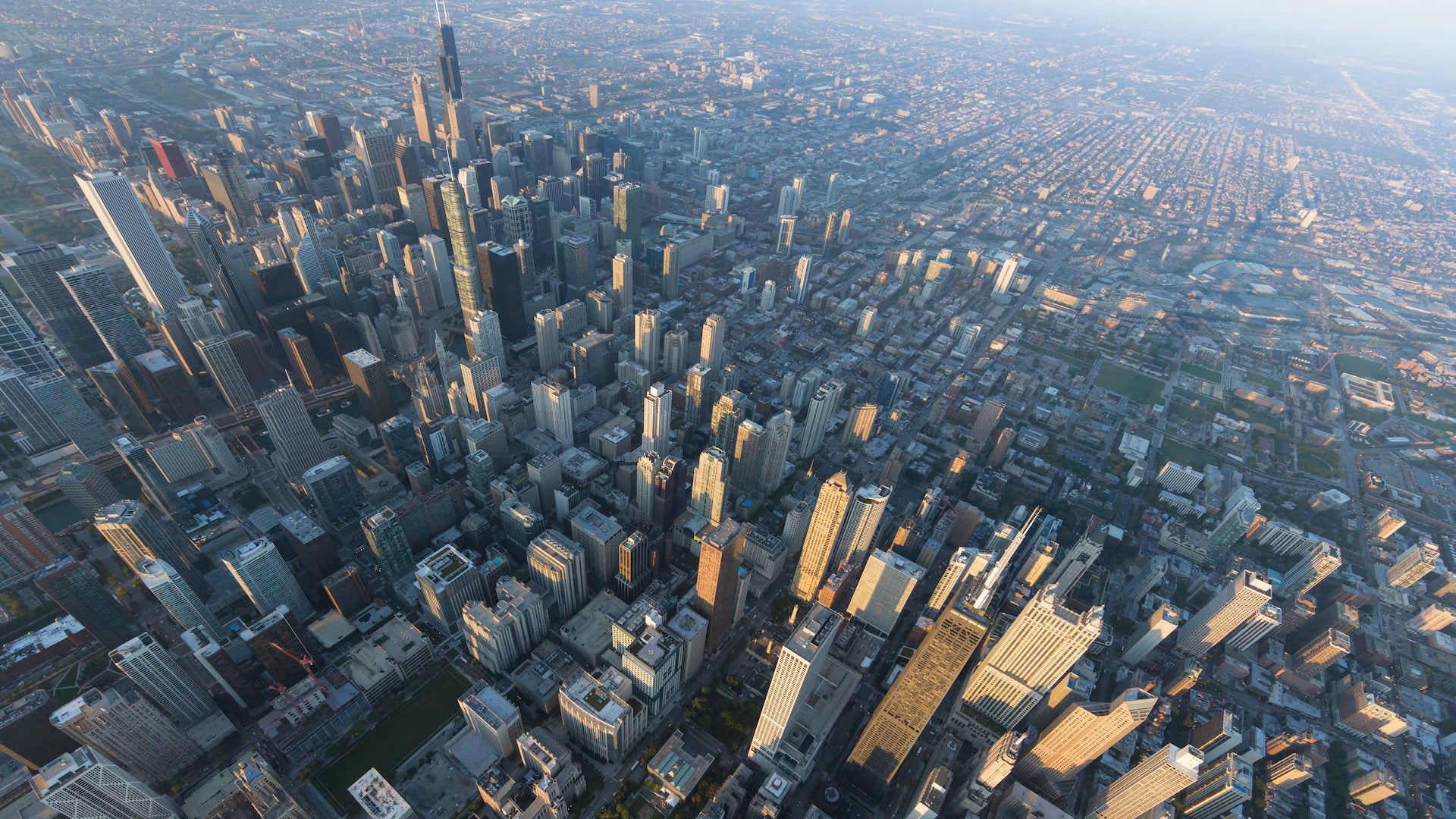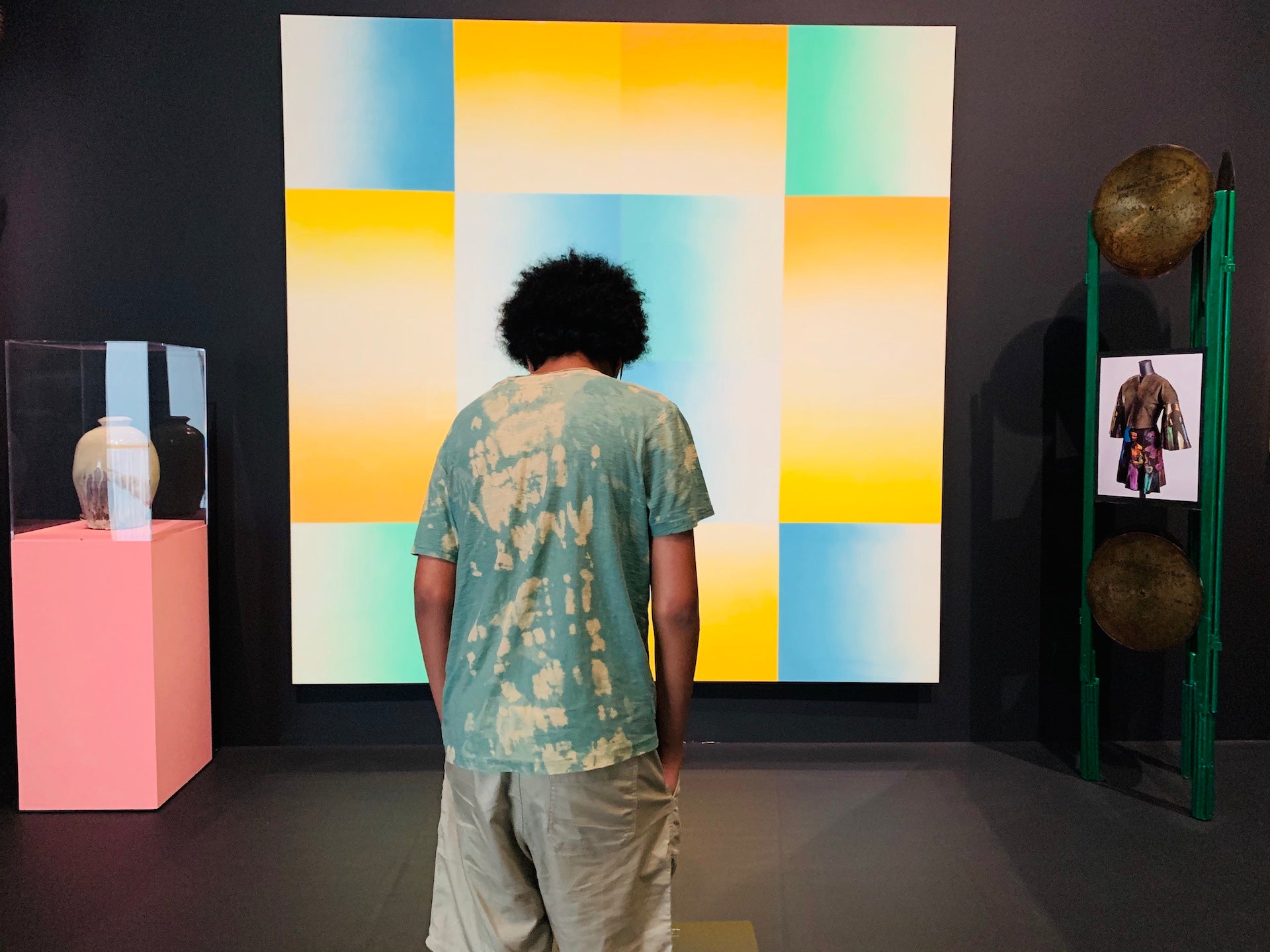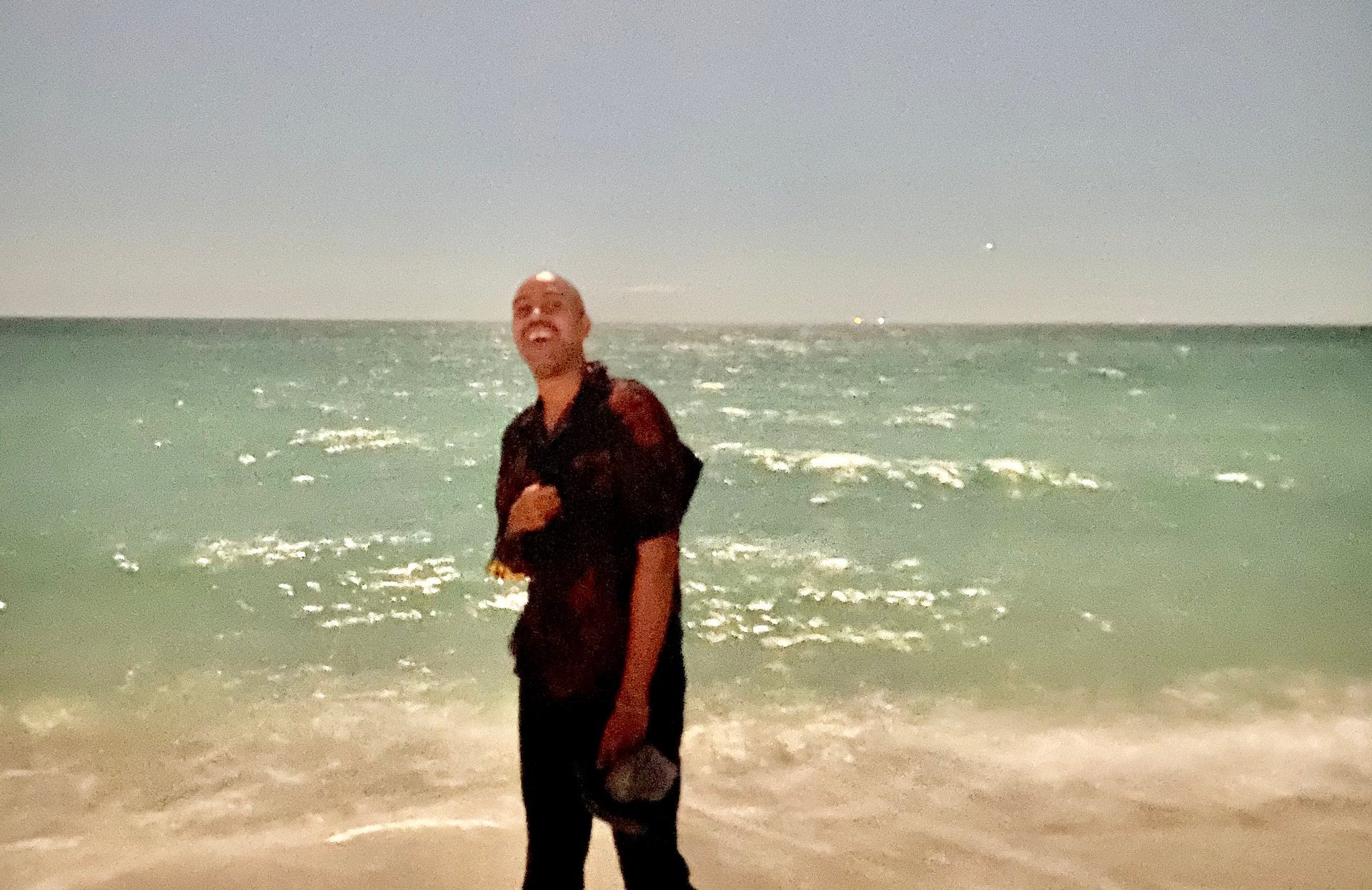Spotlight: America(s)
American Design Stories: Stephen Burks
The New York designer speaks about accessing optimism and using design as a tool for creating opportunity
In the American Design Stories series, we ask designers from across the Americas to share their insights on American design today, along with three images that represent their vision of American design.
This time around, we speak with the seemingly tireless Stephen Burks, an award-winning industrial designer, educator, and cohost of the popular weekly Design in Dialogue online interview series, presented by New York gallery Friedman Benda.
A globetrotting Chicago native now living in New York, Burks’ pluralistic design approach focuses on inclusion, frequently finding ways to incorporate and honor traditional artisans within production processes, and, all the while exploring what, he says, “design can do for people—at the scale of the hand, the body, the interior.”
What makes your American story unique?
I believe everyone’s story is unique, American or not. My American story began when I first found myself outside of America, living abroad and looking back. The highs and lows of this country are awe inspiring. Growing up on the South Side of Chicago and having traveled to over twenty countries on five continents, I’ve seen more of the world than most. Yet, the more I travel, the more I appreciate what’s uniquely American: its diversity of ideas, people, and places.

What does “American design” mean to you today?
American design means very little to me today. As we find ourselves in the age of globalization in the most pluralistic time in history, national boundaries can only be limiting.
What American stories are you telling with your work?
I hope to be telling the American story of equality, access, and innovation. My work has always been about making the design world more accessible through the process of bringing hand production to industry. As one of the few people of color working in the field, I've always tried to lead by example and be outspoken about the transformative power of design and the need for everyone to have a seat at the table.
What is an example of the best of American design?
Like all great art America has created, the best American design is one that breaks free of the limits of the American condition and inspires the world.
What impact have the events of the past year had on your perception of your role as a designer?
Unfortunately, the larger voice of America, led by the current administration, has become one of division and hate, negatively affecting the character and morale of the nation. This year, design became activism, and served to only push those of us with hope towards the positive light of working in collaboration with more and more diverse communities to make a change. Design must be the tool that creates opportunities for all people to have a voice and the equal right to live happily and successfully in this world.

Do you feel a sense of responsibility to use your platform as a designer in a particular way?
Design is one of the key drivers of culture, and, as such, has the potential to change the way people think and live. I feel an obligation to bring attention to the need for inclusive strategies in design that prioritize the need to create more space for different voices in the field.

Where do you look for joy or optimism?
Accessing joy and optimism is crucial for being a designer. To encounter the realities of life, both good and bad, and still access our imagination, to turn our dreams into form, function, and feeling is what we're here to do.
Thank you, Stephen! ⬥
Special thanks to Iwan Baan for sharing the above Anonymous Histories image, which was first exhibited during the 2015 Chicago Architecture Biennial: The State of the Art of Architecture.
Industrial designer Stephen Burks believes in a pluralistic vision of design that is inclusive of all cultural perspectives. Independently and through association with the non-profits Aid To Artisans, Artesanías de Colombia, the Clinton Global Initiative, Design Network Africa and the Nature Conservancy, Burks has worked as a product development consultant in close collaboration with hundreds of artisans around the globe. He has also been commissioned by many of the world’s leading design-driven brands to develop collections that engage hand production as a strategy for innovation, including BD Barcelona, Dedon, and Missoni.
Burks is the first African-American to win the Cooper-Hewitt National Design Award for product design, a Harvard Loeb Fellow, and visiting faculty at the Columbia University Graduate School of Architecture, Planning, and Preservation. His collaborative project with Berea College Student Craft, Broom Thing, is included in Design Miami / Podium 2020. Proceeds from the sale of this piece go to funding the education of students in need.
Inspired by the 2020 Design Miami/ Podium theme America(s)—and all the complexities that go along with it, especially in this moment—Anna Carnick and Wava Carpenter of Anava Projects connected with a selection of outstanding designers with personal ties to the Americas to get their take on “American” design today. Their responses were insightful, inspiring, and diverse: From thoughts on the most pressing issues and challenges facing designers now, to hopes and suggestions for a more equitable future, and reflections on their own American design journeys to date. Each story is accompanied by images provided by the designer that embody what America(s) or American design means to them.
